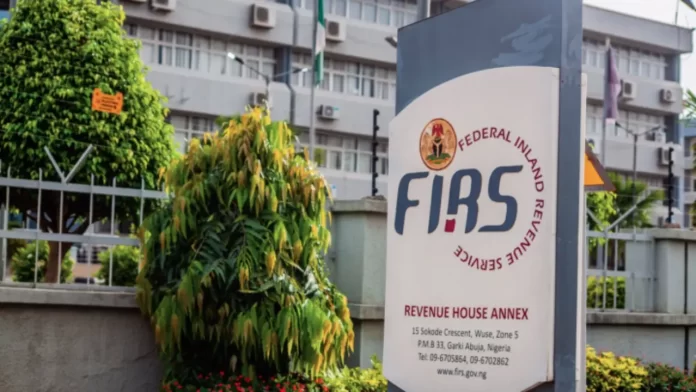The Federal Inland Revenue Service (FIRS) has achieved a historic total tax collection of ₦47.39 trillion between October 2023 and September 2025 — its highest ever — surpassing its revenue target by 15% and posting a 115% performance rate.
Under Executive Chairman Zacch Adedeji, who was appointed by President Bola Tinubu in September 2023, the agency has redefined Nigeria’s fiscal performance through digital reforms and aggressive non-oil tax expansion.
Official data shows that the non-oil sector contributed 76% of total collections, reflecting the government’s economic diversification drive and tax reform strategy.
Non-import VAT performed strongest at 137% of its target, while import VAT reached 131%, driven by improved digital compliance and real-time tracking tools.
Between January and September 2025 alone, FIRS generated ₦22.59 trillion — meeting 120% of its target and achieving 90% of its annual goal of ₦25.2 trillion.
Non-Oil Sector Drives Growth
Of the ₦22.59 trillion, oil taxes contributed ₦5.29 trillion (98% of target), while non-oil taxes surged to ₦17.3 trillion, representing 128% of projections.
The leading contributors were Company Income Tax (32.6%), non-import VAT (23.2%), and Petroleum Profit Tax (17.4%), alongside education tax, import VAT, and gas income.
FIRS attributed this success to its ongoing digital transformation initiatives — including the National Single Window and the National E-Invoicing platforms — which enhanced transparency, reduced leakages, and improved compliance across sectors.
“This performance demonstrates the strength of our reforms and the resilience of Nigeria’s economy,” Adedeji said during a media briefing at the Presidential Villa in Abuja.
Reforms and Fiscal Stability
The agency credited part of its gains to the 2025 tax reform laws, which simplified tax procedures and aligned operations with international standards.
Despite the surge in revenue, Adedeji clarified that the federal government would continue with a measured borrowing policy to support economic growth.
“Borrowing is not a weakness but an approved component of Nigeria’s fiscal framework,” he explained. “It complements revenue expansion and ensures stability as we invest in national development priorities.”
He reaffirmed FIRS’s commitment to building a modern, data-driven tax system that deepens trust, expands compliance, and strengthens Nigeria’s financial foundation.
Rate, Like 👍, Comment 💬, Share this article, Follow us on our social media handles, and Submit your own story to get featured and earn rewards!







